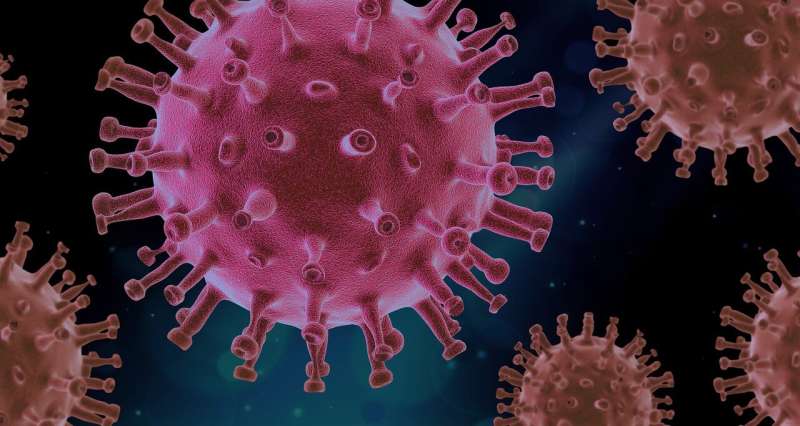Home » Health News »
New CPR guidance addresses more contagious COVID-19 variants amidst evolving pandemic

In response to the COVID-19 pandemic, the American Heart Association and collaborating organizations, including the American Academy of Pediatrics, the American Association for Respiratory Care, the Society of Critical Care Anesthesiologists and the American Society of Anesthesiologists, continue to provide interim guidance to address the latest scientific research related to the SARS-CoV-2 virus, particularly the Delta and Omicron variants. The updated “2022 Interim Guidance to Health Care Professionals for Basic and Advanced Cardiac Life Support in Adults, Children, and Neonates With Suspected or Confirmed COVID-19,” published today in the Association’s journal Circulation: Cardiovascular Quality and Outcomes, addresses the emergence of COVID-19 variants that are more transmissible than previous strains.
“Based on evolving epidemiology reports and emerging science, the volunteer committee comprised of more than 40 global resuscitation experts has issued new guidance for the resuscitation of patients with suspected or confirmed COVID-19,” said Comilla Sasson, M.D., Ph.D., FAHA, a practicing emergency medicine physician and vice president for science & innovation for emergency cardiovascular care at the American Heart Association. “This guidance also reflects the recommendations issued recently from both the World Health Organization (WHO) and the U.S. Centers for Disease Control and Prevention (CDC).”
Most significantly, due to new, more highly contagious variants of the SARS-CoV-2 virus, the guidance emphasizes the need for PPE, including respirators, gowns, gloves and eye protection. In the event initial responders are not already wearing appropriate PPE, they should immediately put on PPE and then begin CPR. As the science surrounding COVID-19 and variants evolves, health care professionals should continue to follow the most-up-to-date recommendations from the WHO, CDC and their regional health authorities and local institutions.
“Health care professionals are paramount to the health of communities around the world, especially during a pandemic, and they should be protected while performing health care procedures including resuscitation,” said Dianne Atkins, M.D., FAAP, volunteer chair of the American Heart Association Emergency Cardiovascular Care Committee, a pediatric cardiologist and lead author of the new interim guidance. “Protecting the health and safety of health care professionals remains critical and includes ensuring the recommended personal protective equipment is available and that health care professionals are trained to use it properly.”
Additional updates in the guidance include:
As the COVID-19 pandemic persists and new variants arise, the American Heart Association with its collaborating professional organizations will continue to provide the most up-to-date, evidence-based guidance on resuscitation and supporting the health care professionals that provide these life-saving procedures such as CPR.
Source: Read Full Article



